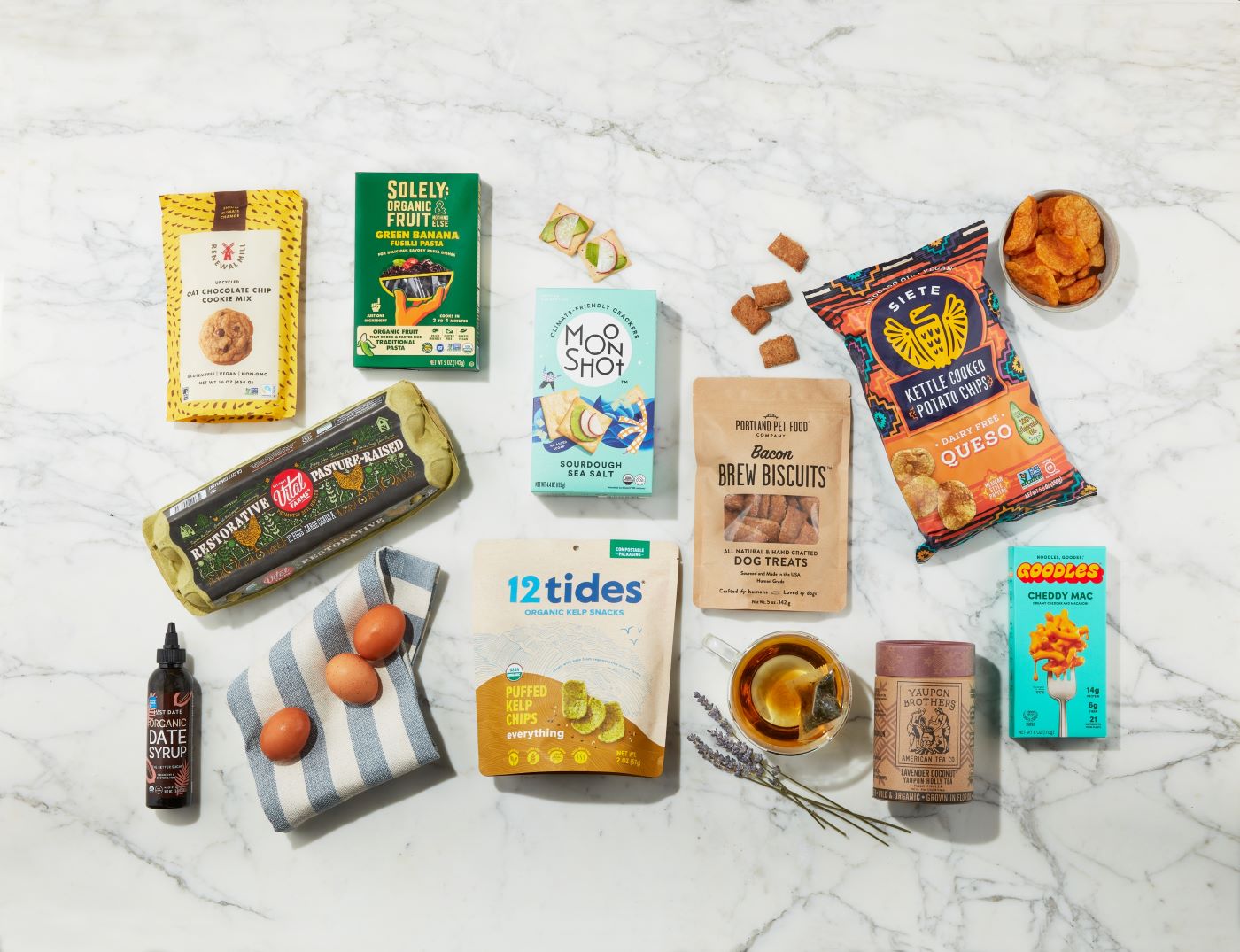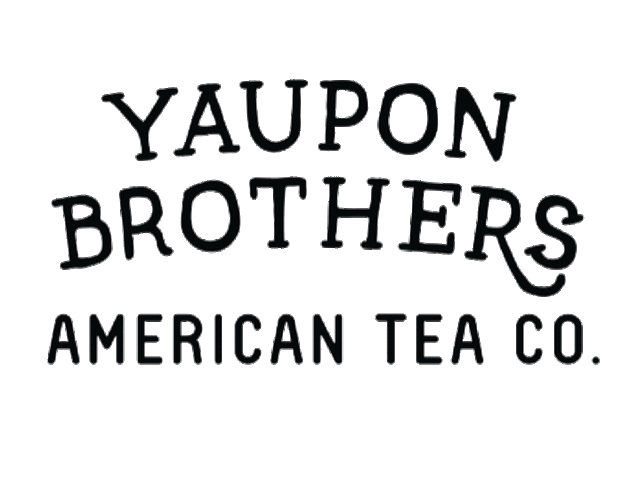
Yaupon ‘tea’ grows wild in Florida and could help struggling citrus farmers someday
NEW SMYRNA BEACH — Bryon White fought his way through palmettos and brush, pointing out poison ivy as he hiked through a patch of woods with a golf course as its neighbor.
The former beach safety captain was looking for yaupon holly trees in a slice of maritime hammock inland from the sandy shore he used to patrol.
White’s company harvests yaupon leaves on the property west of Turnbull Bay to turn into tea-like products, using a native plant that could be an alternative crop for Florida farmers battling challenges such as citrus greening.
Already, one coffee chain is serving drinks made from White’s leaves throughout Central Florida, and a grocery store has it on shelves. At the same time, the University of Florida is studying the plant as a potential commercial crop.
The advantage of yaupon over tea, White said, is that yaupon “grows here, not 8,000 miles away."
“It’s a different species, so that is a big difference," he said. "When you’re a consumer and you’re like, ‘Why do I drink tea?’ ‘Well, I drink tea because it tastes good. I drink tea for the caffeine. I drink tea for the antioxidants.’ Yaupon has all that.”
‘A cop with a plant interest’
White, a 33-year-old former captain with Volusia County Beach Safety Ocean Rescue, and his 26-year-old brother, Kyle White, started working with yaupon around 2011 or 2012 when it was growing across the street from their house. Now, the brothers and production manager Mark Steele are the owners of Yaupon Brothers American Tea Co.
“Kyle was just a kid and I was a cop with a plant interest,” White said.

White was captivated by a book called “Black Drink: A Native American Tea” by Charles Hudson.
“I was just completely fascinated by not only the story of how native people consumed yaupon for thousands of years, but just why isn’t anybody else consuming it today?” he said. “It’s everywhere. It’s very common and we’re a society that’s hopelessly addicted to caffeine. So why aren’t we utilizing this as something that we can grow native as a food crop?”
The tree is the only native North American plant with caffeine, according to the USDA.
Yaupon, which has a scientific name of “Ilex vomitoria,” was used by Native Americans for medicine, ceremonies and as a social drink. Spanish explorers reported the drink caused vomiting when used in ceremonies, but other factors likely caused that reaction as the drink was also consumed socially and chemical analysis of the plant has not found compounds that cause vomiting or are toxic, a USDA plant guide notes.

A future crop?
Today, Yaupon Brothers American Tea has contractors harvest the plant’s leaves on 13 wooded acres it owns and more than 80 acres it leases or has agreements to harvest yaupon on in southeast Volusia County, White said. The company expects to process 2,000 pounds of yaupon this year.
The brothers, however, hope to one day get the yaupon for their products from farmers, as Florida agriculture faces challenges such as the devastation of the citrus industry by greening disease.
With greening and urbanization, Florida’s citrus-bearing acreage has dropped to more than 400,000 acres in the 2017-2018 crop year from more than 777,000 in 1998-1999, according to a USDA and Florida Department of Agriculture and Consumer Services report.
“We started thinking about yaupon as an alternative for farmers,” White said.
To that end, Yaupon Brothers has sent yaupon cuttings to an Apopka company to produce plants for farming.
“That cutting that was once just a stem is going to be its own independent organism, with its own root structure, its own new growth,” White said. “It’s its own tree.”

Some of those plants have gone to four farms to be studied by the University of Florida’s Institute of Food and Agricultural Sciences, including at a university research center.
“We’re probably at least three years out from making any recommendations,” said institute extension agent David Dinkins.
The institute will look at a number of aspects of commercially farming yaupon, such as planting density, nutrition requirements, how much it produces per acre and how often it should be harvested. It will also study yaupon from other sources.
“My take is I have absolutely no idea,” Dinkins said of yaupon’s role in commercial agriculture. “I’m always hopeful. I think it has potential or we wouldn’t be looking at it.”
‘Where the money is’
At downtown Orlando’s Foxtail Coffee Co. a barista packed yaupon leaves into a tea bag to make a cup of the Yaupon Brothers “American Green.”
The shop inside DoveCote Restaurant on Orange Avenue listed available yaupon flavors like “Lavender Coconut” and “Florida Chai,” which also included cloves, ginger, cardamom, cinnamon and peppercorn.
The Orlando-area coffee shop chain recently rolled out the yaupon products at all 11 of its locations, said Iain Yeakle, co-founder of Foxtail Coffee.
“It’s comparable to me to traditional teas and we love serving it,” he said.

A 12-ounce cup at Foxtail costs $3.99 before tax and tip and a 16-ounce cup costs $4.69.
On store shelves, yaupon’s cost is on the higher end for packaged teas.
At a Lucky’s Market on Colonial Drive, a Yaupon Brothers container of 16 tea bags goes for $6.49. On nearby shelves, a box of 20 bags of Heath & Heather organic green tea with Moroccan mint costs $3.69 but 16 bags of Teatulía green tea cost $7.99.
Yaupon hitting the market is good news to the extension agent Dinkins.
“That’s where the money is,” he said.
Contact the reporter at afuller@orlandosentinel.com or 407-420-5664; Twitter @afullerreporter



